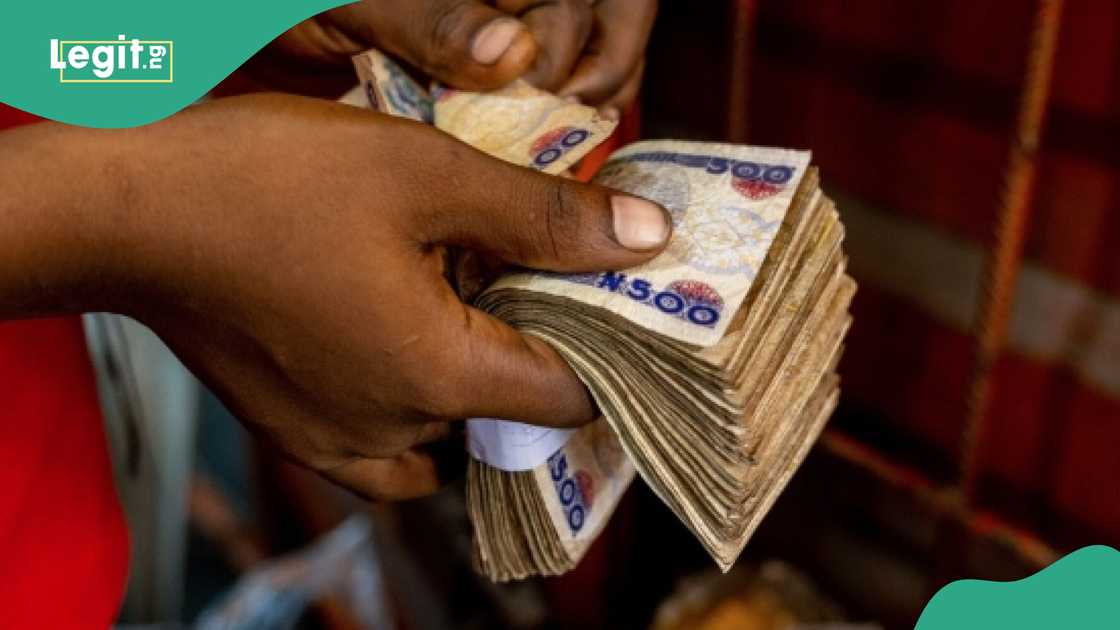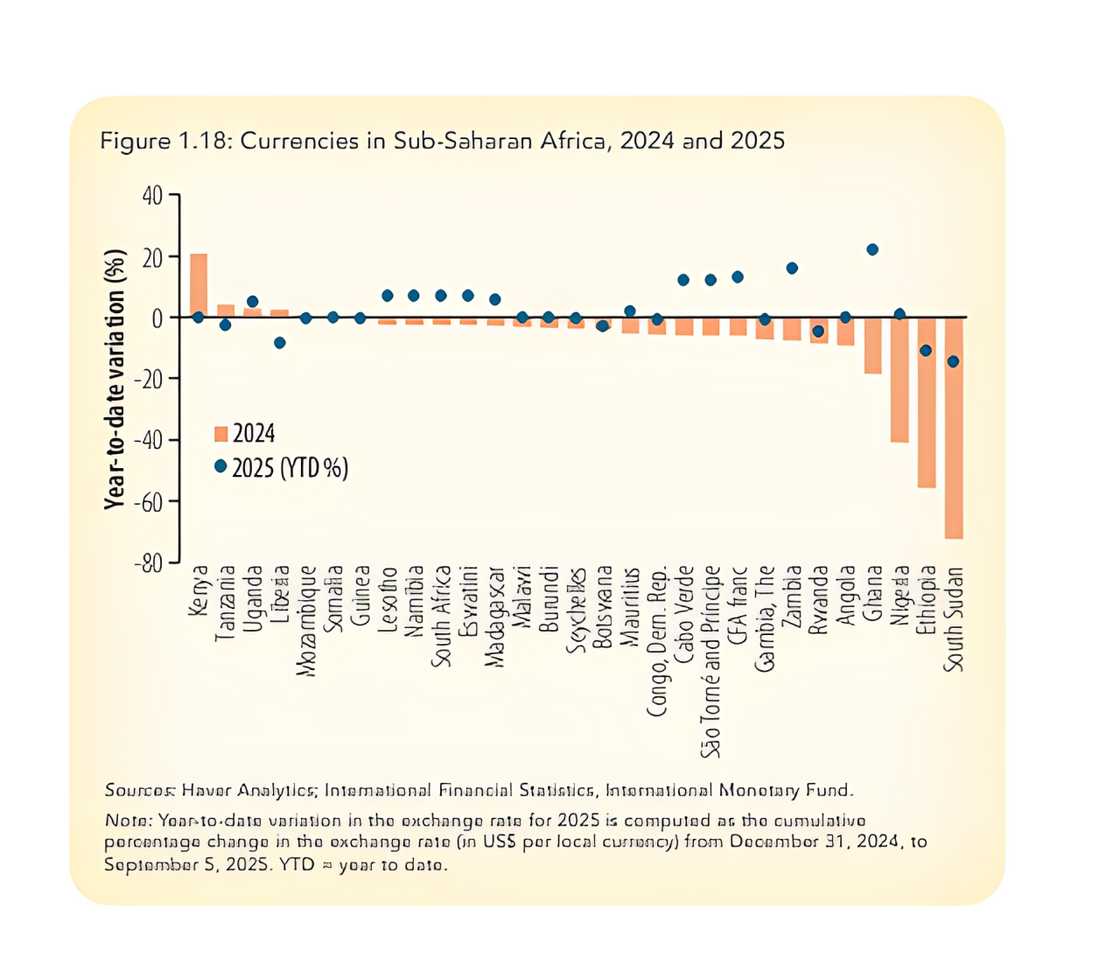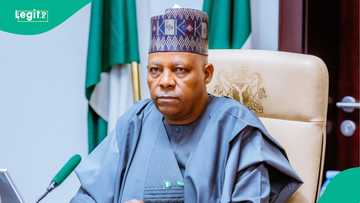World Bank Confirms Naira Is No Longer Among Africa’s Weakest Currencies in New Ranking
- The World Bank has revealed that the Nigerian currency has exited the list of weakest-performing currencies in Africa
- The position followed a gain of about 5.07% in 2025, credited to reforms under President Tinubu, which have boosted reserves
- Ghana leads Africa’s strongest performing currencies, while South Sudan and Ethiopia ranked among the weakest
Legit.ng journalist Dave Ibemere has over a decade of experience in business journalism, with in-depth knowledge of the Nigerian economy, stocks, and general market trends.
The naira has emerged among the best-performing currencies in Africa for 2025 after achieving a 5.07% gain against the US dollar since January.
According to the World Bank’s Africa’s Pulse report for October titled Pathways to Job Creation in Africa released this week.
The naira is among 11 African currencies that have performed positively against the US dollar in 2025

Source: Getty Images
The Central Bank of Nigeria's data showed that the naira has appreciated from N1,538/$ on January 2 to N1,460/$ on October 13, representing an improvement of N78.
Why naira improved
World Bank attributed Nigeria’s currency rebound to key fiscal and monetary reforms implemented by President Tinubu.
The World Bank stated:
"The naira’s volatility has declined, and the external position has improved as reflected by increased reserves and a large positive current account surplus.
A more competitive naira is expected to continue supporting some export diversification and compressed imports. Price pressures are expected to remain elevated, necessitating sustained monetary policy efforts to re-anchor inflation expectations. The disinflation path remains vulnerable to risks, including exchange rate pressures.”

Source: Facebook
Ranking of other African currencies
The report noted that many African currencies strengthened in 2025 due to improved financial conditions, stronger export earnings from commodities, and increased foreign exchange inflows.
Ghana’s cedi leads as Africa’s best-performing currency in 2025, appreciating by 20%, followed by the Zambian kwacha at 16%, and the CFA franc at 13%.
Other strong performers include São Tomé and Príncipe, Cabo Verde, Namibia, South Africa, Eswatini, and Lesotho.
The middle-tier performers include Mauritius, Nigeria, and Liberia, while several others such as Kenya, Mozambique, Somalia, Guinea, Malawi, Burundi, Seychelles, and Angola recorded no change.
Currencies that depreciated include Tanzania, Congo, Dem. Rep, The Gambia, Botswana, Rwanda, Uganda.
The South Sudanese pound and the Ethiopian birr were ranked among the continent’s weakest currencies.
The World Bank said South Sudan’s currency lost about 18% of its value, largely due to disruptions in oil exports caused by pipeline damage amid conflict in neighbouring Sudan.
While Ethiopia’s birr continues to depreciate following efforts to liberalise its foreign exchange market, which has widened the gap between official and parallel rates.
Forex reserves rise
Earlier, Legit.ng reported that the Central Bank of Nigeria disclosed that the country’s external reserves rose to $41.22 billion.
This marks the first time in over four years that the reserves have crossed the $41 billion mark.
The reserves, which strengthen the CBN’s capacity to defend the naira and ensure stability.
Source: Legit.ng




